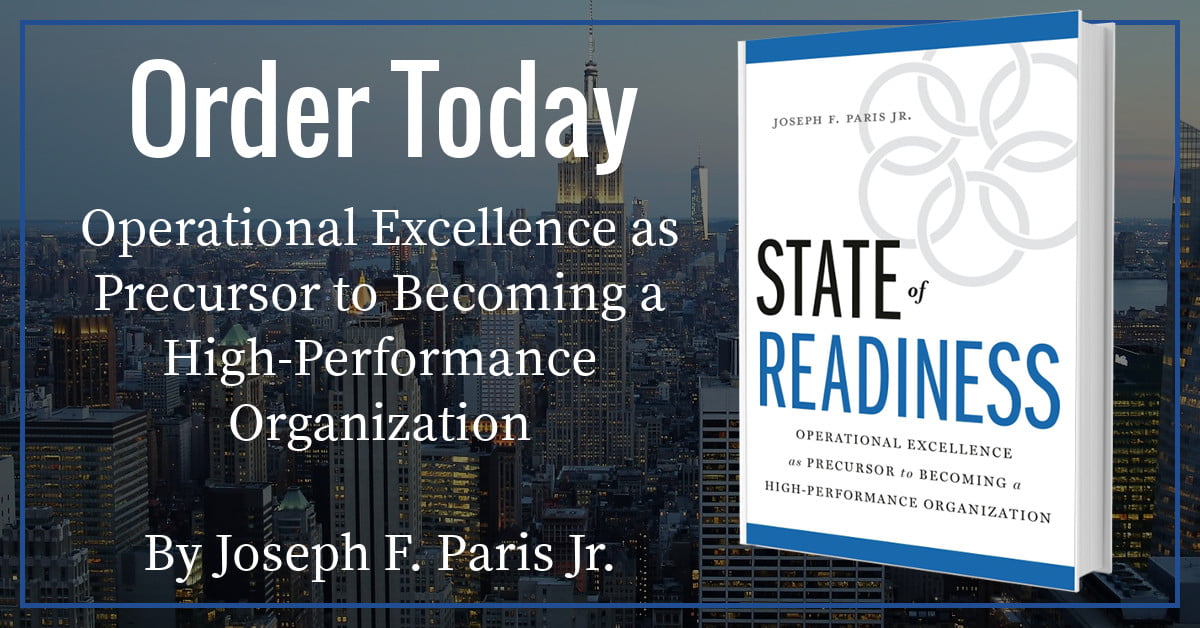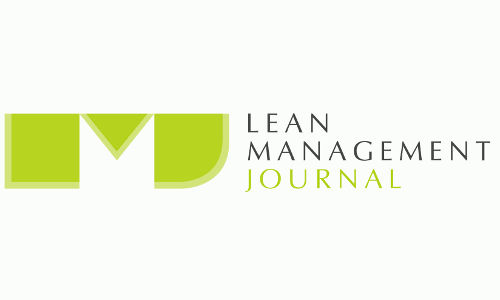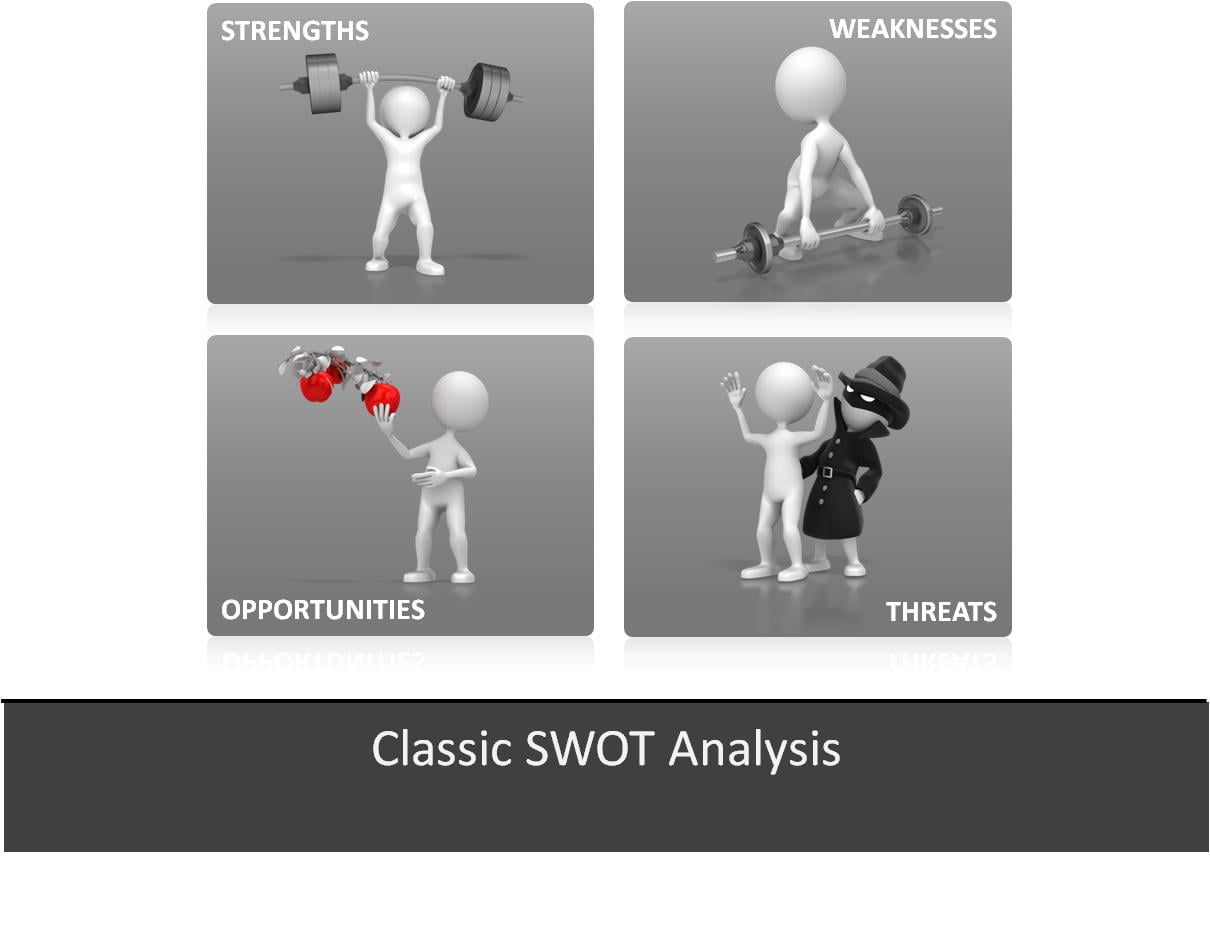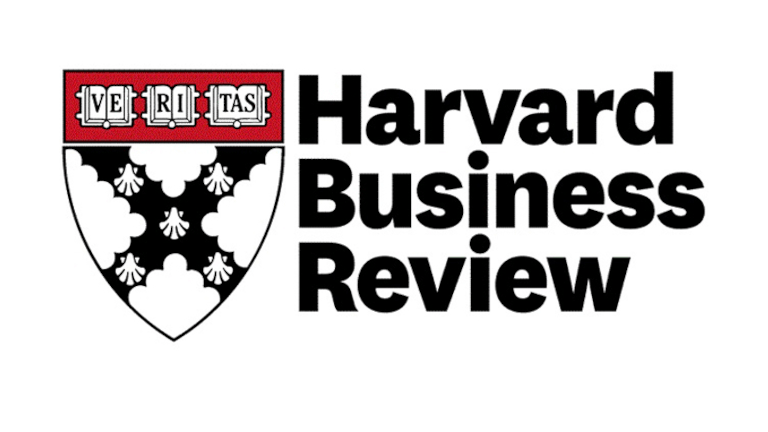Rudyard Kipling; Adventurer, Author, Poet… And a Pioneer of Operational Excellence
From time to time, I enjoy a good read of “the classics”.
I am not certain why the classics are not taught in grade-school anymore – it is a shame. There are so many basic life-lessons that transcend the ages and generations and can be gleaned with grand richness from the tales of literary greats such as: Dickens, Thoreau, Twain, Hemingway, Homer, etc… far too many to list here.
I am not a big fan of today’s “popcorn literature” that is instead being taught in the schools – flavorful for a moment, but possessing no substance. I have read many of these books and they come-up lacking. In my opinion, they pander to a “video-game” mentality and are focused on delivering instant gratification and messaging – leaving nothing to the imagination.
________________________________________
So I recently picked-up a copy of Rudyard Kipling’s book “Just So Stories”. It’s a book of short stories (very short stories). One of the stories is entitled “The Elephant’s Child” and at the conclusion I came across a poem which spoke of “Six Honest Serving Men” and pays homage to the “Five W’s (and one H)” – a formula for getting the “full story”.
I keep six honest serving-men
(They taught me all I knew);
Their names are What and Why and When
And How and Where and Who.
I send them over land and sea,
I send them east and west;
But after they have worked for me,
I give them all a rest.
I let them rest from nine till five,
For I am busy then,
As well as breakfast, lunch, and tea,
For they are hungry men.
But different folk have different views.
I know a person small –
She keeps ten million serving-men,
Who get no rest at all!
She sends’em abroad on her own affairs,
From the second she opens her eyes –
One million Hows, two million Wheres,
And seven million Whys!
I have even seen references to these “Six Honest Serving Men” (usually called the “Six Wise Men”) in various science and technology texts – including texts on Operational Excellence and Lean Six-Sigma. Although, I have to admit that I never really queried the significance or origin much further. So I was rather struck when I read this passage of Kipling’s and decided to probe a bit further.
Even the fact that Kipling states that he, “…let them rest from nine till five, For I am busy then…” goes to the Lean Six-Sigma mantra of “Plan, Do, Check, Adjust” in that he consults with his “Six Honest Serving Men” when he is not working – or in other words, when he is not “Doing”. The time for consulting with your “Six Honest Men” is when you are “Planning, Checking, and Adjusting”.
Upon some pondering – and I am quite certain that I am not the originator of this observation – I have formed the opinion that one of the “Honest-Serving Men” is not quite like the others.
And his name is “Why”.
All of the others, “Who”, “What”, “When”, “Where” and “How” are forensic and factual by their very nature. They are observed and quite specifically identified, defined, or otherwise determined and objective.
However, “Why” is largely – if not entirely – subjective.
So I think about these “Six Honest Serving Men” and how they are leveraged in an Operational Excellence initiative and exercise. We spend a lot of time examining and evaluating the specific values for;
– “What” are the movements of materials, resources and information?
– “How” much time it takes?
– “When” is the product to be purchased, produced, or delivered?
– “How” much do the activities cost?
– “Who” is doing the work or responsible for the outcome?
– “Where” is this entire activity taking place?
– Etc…
If we gather and assemble the above information, we can establish a fairly complete (if not absolute) “Value Stream Map” and can demonstrate with a degree of precision and clarity what the “Present State” of a process is. We can also clearly define what our ideal “Future State” might be and create a plan to migrate from the present to the future.
But what of the “Why”?
– “Why” is it done that way in the first place?
– “Why” do we want to improve this over something else?
– “Why” do we need someone from corporate? Or consultants?
– “Why” do we have to be in these stupid meetings?
Why is “Why” so often overlooked or otherwise given such short-shrift?
It’s because “Why” is largely intangible and goes to; nostalgia, culture, and reason. “Why” cannot be easily measured, defined, identified, or even agreed upon. Its essence lay mostly in the most subjective areas of an evaluation and as such, is the subject of much argument and debate – activities which are healthy and necessary, but largely avoided today.
As an illustration – and for your consideration;
– “Who” is that person? Identify – done.
– “What” is that sound? Discover – done.
– “Where” is that tool? Locate – done.
– “When” will it next occur? Determine – done.
– “How” will that happen? Define – done.
But…
– “Why” did the chicken cross the road? Ummm…
Perhaps to have evaluated the “Who, What, When, Where and How” is to “Know” – but to have knowledge of the “Why” is to “Understand”.
You might be asking, “Why is this important?” Good question – I see that you are learning.
To know the “Why” is to know the complete story – in context.
From this position, fully informed decisions can be made with clarity. It is only from a position of understanding where decisions should be made.
For you see, you are the leader. And the decisions you make will be implemented – and made a reality – by others. It is from this position of understanding where you can convey the entire message to the people who will actually implement. In order for those you lead to follow, they have to understand the purpose, the methods and the goals. For them to perform at their very best, they have to believe and have confidence. They have to understand “Why“.
Therefore, I would suggest that it is this lack of understanding – the lack of “why” – which is the “root cause” of most failed initiatives (whether they are Operational Excellence initiatives or others).
This is why it is so difficult – and also why it is so important.
And maybe – just maybe – this is the reason that Kipling writes, “She sends… One million Hows, two million Wheres, And seven million Whys!”
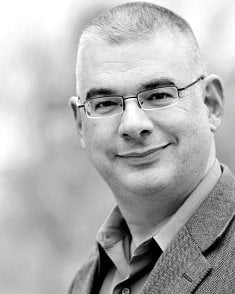 Paris is the Founder and Chairman of the XONITEK Group of Companies; an international management consultancy firm specializing in all disciplines related to Operational Excellence, the continuous and deliberate improvement of company performance AND the circumstances of those who work there – to pursue “Operational Excellence by Design” and not by coincidence.
Paris is the Founder and Chairman of the XONITEK Group of Companies; an international management consultancy firm specializing in all disciplines related to Operational Excellence, the continuous and deliberate improvement of company performance AND the circumstances of those who work there – to pursue “Operational Excellence by Design” and not by coincidence.
He is also the Founder of the Operational Excellence Society, with hundreds of members and several Chapters located around the world, as well as the Owner of the Operational Excellence Group on Linked-In, with over 25,000 members.
For more information on Paris, please check his Linked-In Profile at: http://de.linkedin.com/in/joseph



